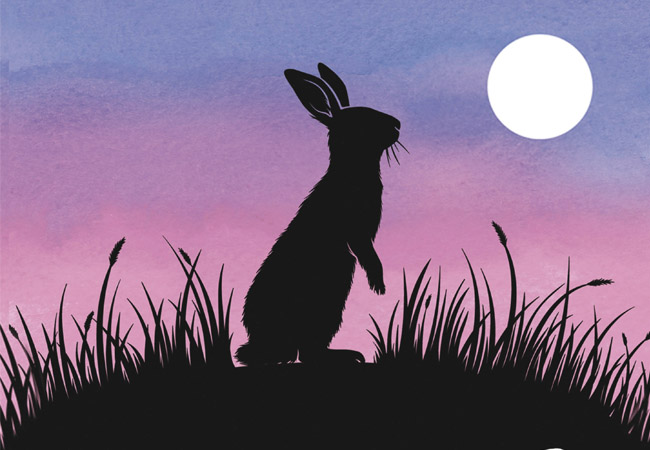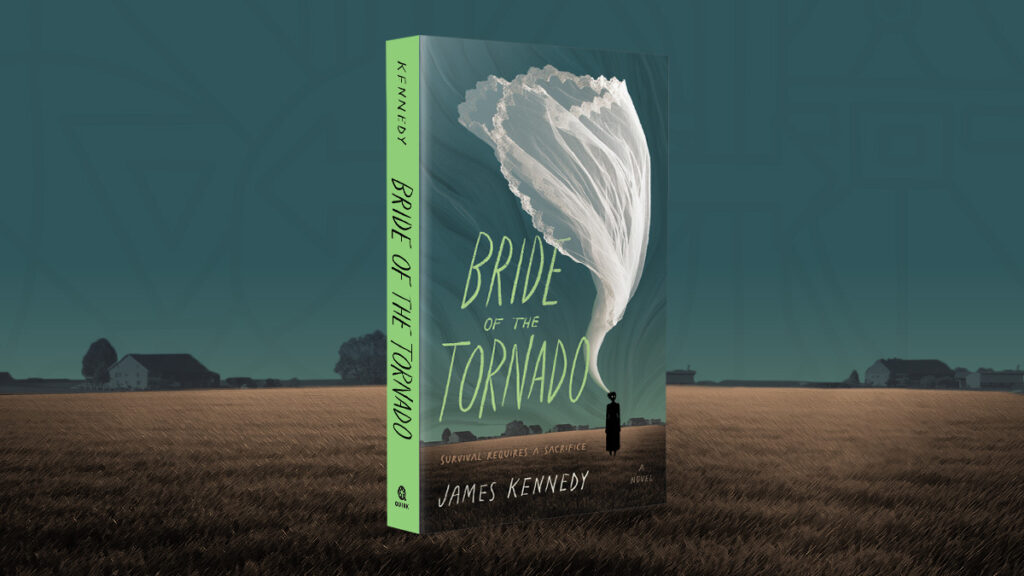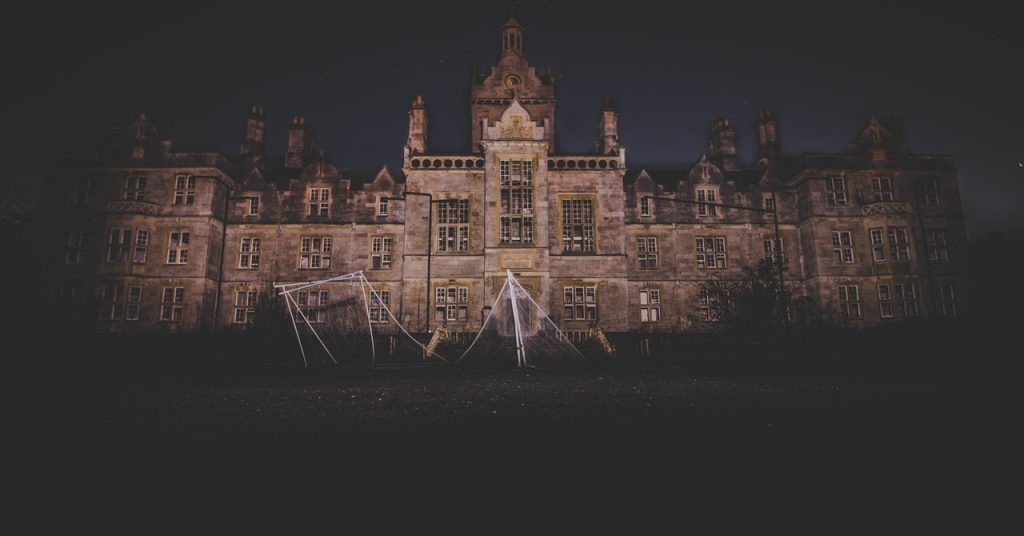5 Unreliable Narrators Who Made For Unforgettable Stories
As a writer, I’m endlessly fascinated by the notion of unreliable narrators in fiction. Whether they’re pathological liars, mentally ill, naïve, or acting out of good impulses, these characters manipulate the readers into believing a certain order of events. They fudge details, hide vital information, and challenge their audience to evaluate not only the story being told, but the way in which it’s being relayed. They’re the most authentic characters you’ll encounter because of this very human trait.
It’s also a trope that exists across literature, TV, and film alike, utilizing the elements of each medium to reveal how deep the deception actually goes. The unreliable narrator is an exhaustive trope, so this list of my personal favorites only scratches the surface. Warning: I’ll be discussing spoilers (some major, some minor) in these entries.

Leo Liebenstein, Atmospheric Disturbances: “Lies—they make for a tidy little psychological Doppler effect, tell us more about a liar than an undistorted self-report ever could.”
The premise of Rivka Galchen’s novel is clear from the first page, when psychiatrist Leo Liebenstein relates how one day “a woman entered my apartment who looked exactly like my wife.” We immediately take Leo’s side that his life has been invaded by a simulacrum, a doppelganger, who nonetheless tries to convince him that she is his beloved Rema. But as the book wears on and Leo agitatedly searches for the real Rema, it starts to dawn on the reader: What if he’s wrong? What if this belief, upon which he bases a cross-hemispherical trip and upon which we invest our time as readers, actually reflects Leo’s altered mental state?
Galchen draws us so deeply into the novel that at first it seems ridiculous to turn on Leo, who’s given us no reason to doubt his convictions. Except that his behavior suddenly shifts from appropriately suspicious to astonishingly erratic, and it becomes clear that the person who’s not acting like himself is Leo. It’s never made clear who’s right, if anyone, but this was the first time in a long while that I remember myself interrogating a narrator so fervently.

Ted Mosby, How I Met Your Mother: “You never know when you’re about to meet someone very important. It’s not like life gives you a warning. You just look up and there they are.”
Like any good story, HIMYM started out strong and, now in its eighth year of spinning the same yarn, has wandered away from its central conceit. However, something that the show consistently excels at is making Ted Mosby’s story as uneven and self-contradicting as a real person’s memories.
When “Future Ted” begins narrating the story of how he met the mother of his children in 2030, he’s relating the events of 2005, a quarter-century prior. Ted often forgets names of minor characters, referring to bit players as “Blah Blah” or “Honey”; one recurring joke has him building up to an epic story about a goat, only to remember that no, the goat was from next year’s birthday.
In an effort to keep the story family-friendly, he’ll also obscure details, like telling his kids that he and his friends “ate sandwiches” in place of smoking weed. Though as many fans have pointed out, Ted has absolutely no problem telling his kids about all the women he banged before he made an honest woman out of their mom. (Image via)

Nick Carraway, The Great Gatsby: “I’m inclined to reserve all judgments, a habit that has opened up many curious natures to me…”
So Nick Carraway kicks off the tale of his strange friendship with millionaire Jay Gatsby. If Nick tells us on page one that he’s an objective observer, then we know we can trust him for the entire novel, right?
Wrong. When someone goes to great pains to tell you how honest he is, he’s likely overcompensating. As Nick gets swept into Gatsby’s opulent world and his obsessive love for Daisy Buchanan, Nick becomes more forgiving of his rich friend’s shady past, rather than more inquisitory. Sure, he may believe that he’s as straightforward as can be, but his own biases and filters affect how the reader takes the story. Especially Gatsby’s elevation to near-hero status at the tragic end, with his faults erased by his death. (Image via)

The Narrator, Fight Club: “If you wake up at a different time, in a different place, could you become a different person?”
Popular opinion disagrees on whether to refer to the man at the center of Chuck Palahniuk’s novel—and played by Edward Norton in the 1999 film—as the Narrator or as Jack. The latter nickname comes from his penchant for quoting Reader’s Digest articles where human organs narrate their existence: “I am Joe’s liver” became “I am Jack’s smirking revenge.” All the signs not to trust this guy are clear: He’s constantly in a half-awake state thanks to insomnia, he hates all signs of material wealth, and we can’t even name him.
Where the movie outshines the book is in its “a-ha!” moment, when the Narrator realizes that he and Tyler Durden are the same person: We return to key junctures from the movie—the lye kiss, Tyler and the Narrator’s first fistfight—and realize that it was Norton executing all these acts of anarchy all along. And actually, that solves the naming issue when Marla Singer calls him “Tyler,” now doesn’t it?

Saleem Sinai, Midnight’s Children: “Who what am I? My answer: I am the sum total of everything that went before me, of all I have been seen done, of everything done-to-me.”
Salman Rushdie drew inspiration for his unreliable narrator from his own brain’s tendency to create and then defend fake memories—a bizarre trait shared by most humans. So eager is Saleem to reclaim control over his life that he will twist the past to suit the story he’s trying to tell and to establish his desired (rather than actual) place in history. “He is an interested party in the events he narrates,” Rushdie wrote in a 1983 essay.
All of these narrators, consciously or not, have deemed the truth too boring or dangerous to share. Instead, they obfuscate and reimagine, to make themselves look more sympathetic or adventurous or moralistic. In doing so, they turn themselves into characters, and they—perhaps moreso than the audience to whom they’re relating the tale—are dying to find out how the story ends.



